The hours of folly are measured by the clock; but of wisdom, no clock can measure
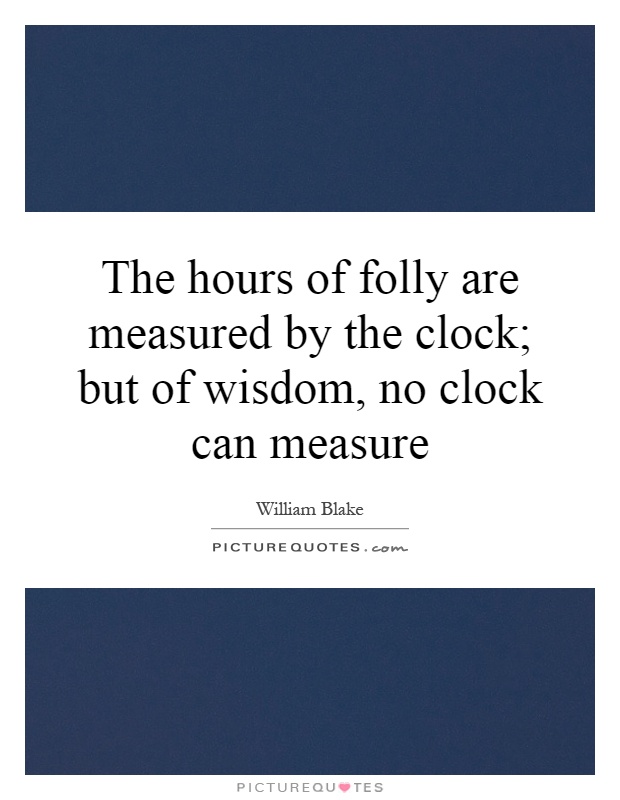
The hours of folly are measured by the clock; but of wisdom, no clock can measure
William Blake, the renowned English poet, artist, and visionary, was a man who lived his life guided by wisdom rather than the constraints of time. His works are filled with profound insights and timeless truths that continue to resonate with readers centuries after his death. One of Blake's most famous quotes, "The hours of folly are measured by the clock; but of wisdom, no clock can measure," encapsulates his belief in the transcendent nature of wisdom and the limitations of time in understanding it.In Blake's view, folly is a product of the mundane, material world governed by the ticking of the clock. It is a state of being that is bound by the constraints of time and space, leading individuals to make hasty decisions and act impulsively without considering the consequences. Folly is fleeting and ephemeral, like the passing hours on a clock, and ultimately leads to regret and disillusionment.
On the other hand, wisdom is a timeless and eternal quality that transcends the limitations of time. It is not something that can be quantified or measured by a clock, as it exists beyond the physical realm. Wisdom is the result of deep reflection, introspection, and spiritual insight, leading individuals to make informed and thoughtful decisions that are in alignment with their true selves and the greater good.
For Blake, wisdom is a divine gift that comes from a higher source and is accessible to those who are willing to seek it out. It is a guiding light that illuminates the path of righteousness and leads individuals towards a deeper understanding of themselves and the world around them. Wisdom is the key to unlocking the mysteries of the universe and achieving true enlightenment.

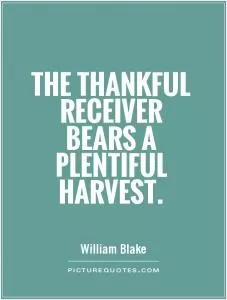
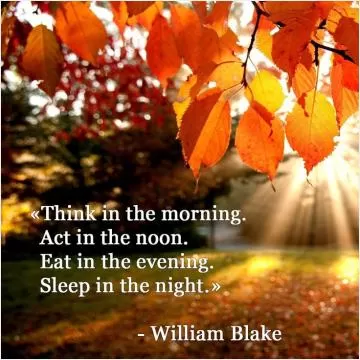
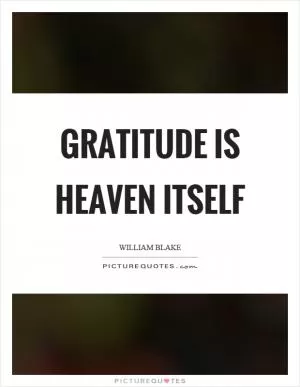
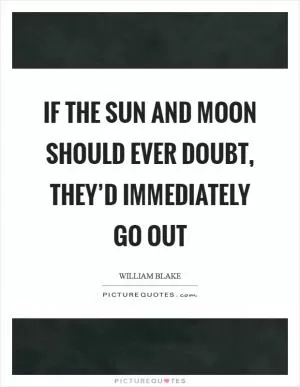
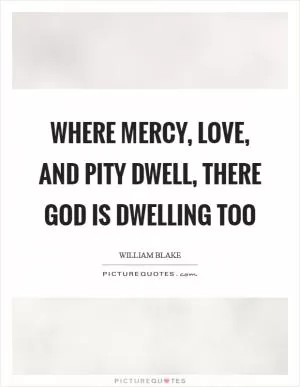
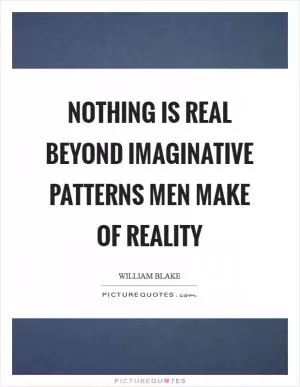
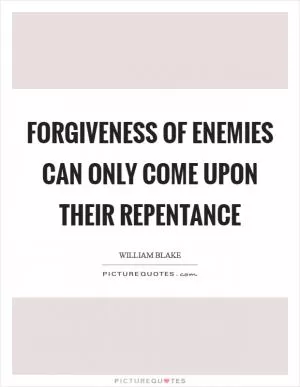
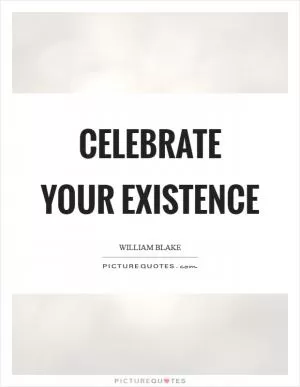
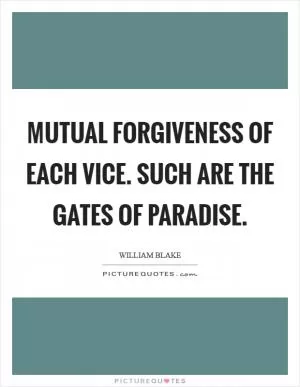
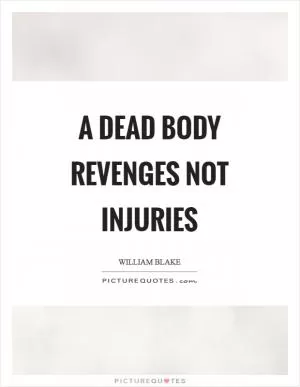
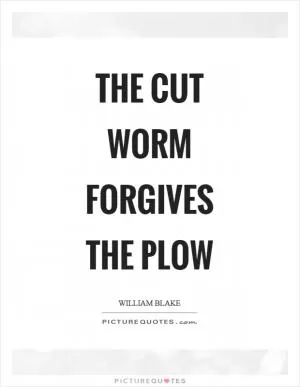
 Friendship Quotes
Friendship Quotes Love Quotes
Love Quotes Life Quotes
Life Quotes Funny Quotes
Funny Quotes Motivational Quotes
Motivational Quotes Inspirational Quotes
Inspirational Quotes